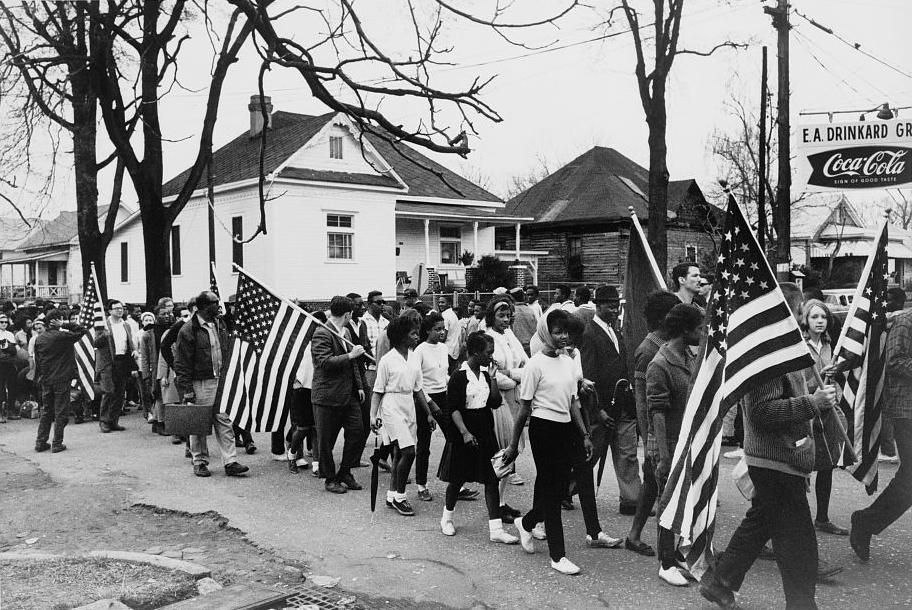Insights
Why I Protested During a Pandemic.

It’s been 38 days since George Floyd was murdered by a police officer. Since that day, protests have filled the streets of America’s cities with outrage voiced by every person of color and conscience. His death was a flashpoint—a paradigm shift in the fabric of American culture, where people who have never worried about racial injustice and police brutality were forced to confront the inequity of the American system. And, in a sight that would have shocked the likes of Malcolm X and Martin Luther King, who accomplished so much with so little participation and support from their privileged counterparts, White America took to the streets with us.
The choice to protest in the midst of a pandemic is not an easy one. Personally, COVID-19 terrifies me. But the death of Floyd and the civil unrest that ensued shortly after invited personal conflict. At first, I signed petitions, donated, spoke out online, spoke up at work—doing everything except protest. I didn’t want to risk getting tear-gassed or shot with rubber bullets by an overzealous officer, or worse, contract COVID-19.
After several days of Black guilt, something clicked. I couldn’t not march. I was raised in Montgomery, Alabama, home of the civil rights movement. I went to school just a few blocks away from where enslaved Africans were marched in chains from the Alabama River to Court Square Fountain, ripped from their loved ones, and sold as property. The city I grew up in has a devastating history that was often diluted or omitted in school.
Now was the time to stand taller and yell louder, no matter the consequences. I put aside my fear for a cause bigger than myself. When I felt scared, hot, or tired, I thought of how protesters felt during the Selma to Montgomery March (and every other march before and after) and realized how easy I had it. It helped keep me going.
No matter how much we have shouted in the streets, real change has not yet come. Politicians and companies are making broad promises, as they do in the wake of any crisis, and a few scattered localities are taking necessary steps, but the momentum has largely died down. Some have moved on to other news and other causes as quickly as they became “allies.” That’s not good enough for me and it shouldn’t be for you.
Across the country, millions of people are preparing for July 4th in celebration of a country that still lives out the legacy of its problematic history on a daily basis. Racism is not solved. Law enforcement and incarceration systems that disproportionately oppress Black Americans have not gone away. And yet, too many will wave the American Flag and watch the fireworks in celebration of all this country has accomplished while ignorant of all the havoc it has wrought.
We need to be better. We need to expect and demand more of those in positions of power. Despite all the Black Lives Matter murals and “Happy Juneteenth” greetings, this fight is not over. Speak up when you witness injustice, actively educate yourself on racial injustice and systemic discrimination, and keep your eyes and ears open to new ways you can contribute. Do it all the time, not just while trendy. Black lives STILL matter. And they will continue to matter long past when the protesting ends and America moves on.